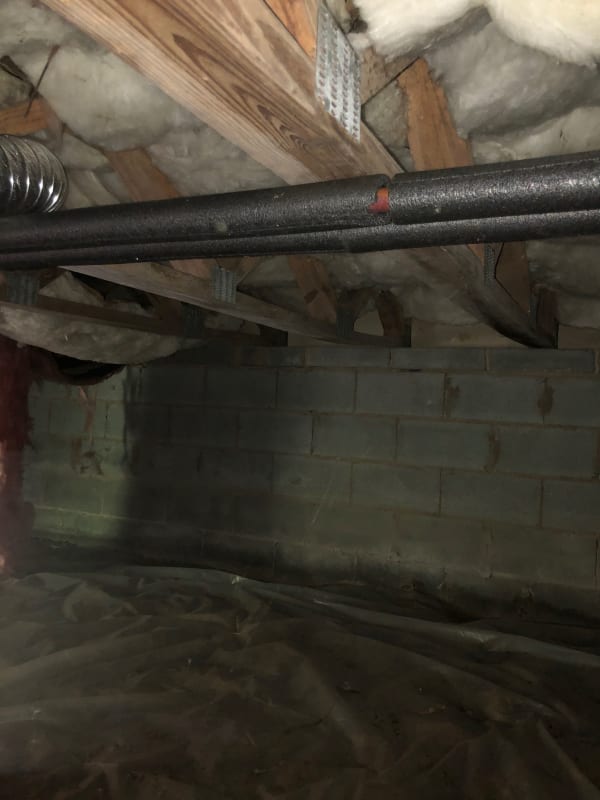rcast044
Structural
- Dec 18, 2018
- 19
Hi guys,
Our truss guys are wondering how to protect the trusses/truss plates from corrosion due to the pool being under the lanai (see attached picture below, blue lines represent trusses). I didn't think this was an issue. It is my understanding that any moisture will dry due to the pool being in an open lanai. Any answer would be appreciated.
Our truss guys are wondering how to protect the trusses/truss plates from corrosion due to the pool being under the lanai (see attached picture below, blue lines represent trusses). I didn't think this was an issue. It is my understanding that any moisture will dry due to the pool being in an open lanai. Any answer would be appreciated.

